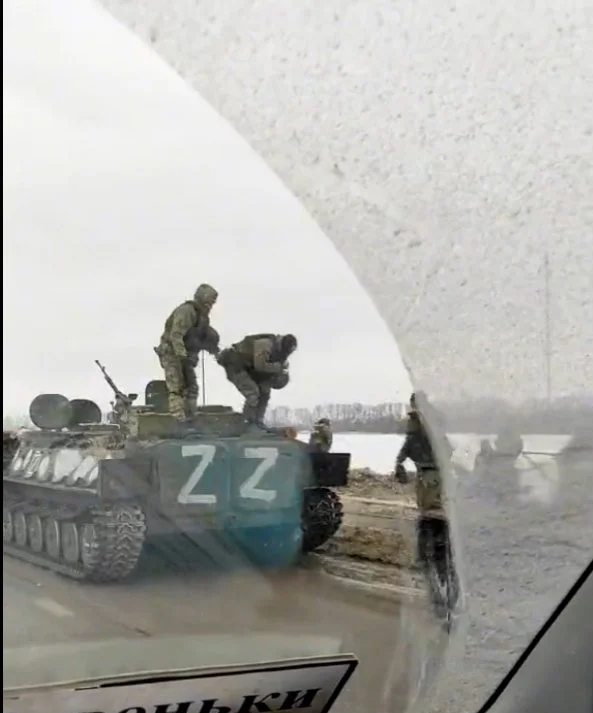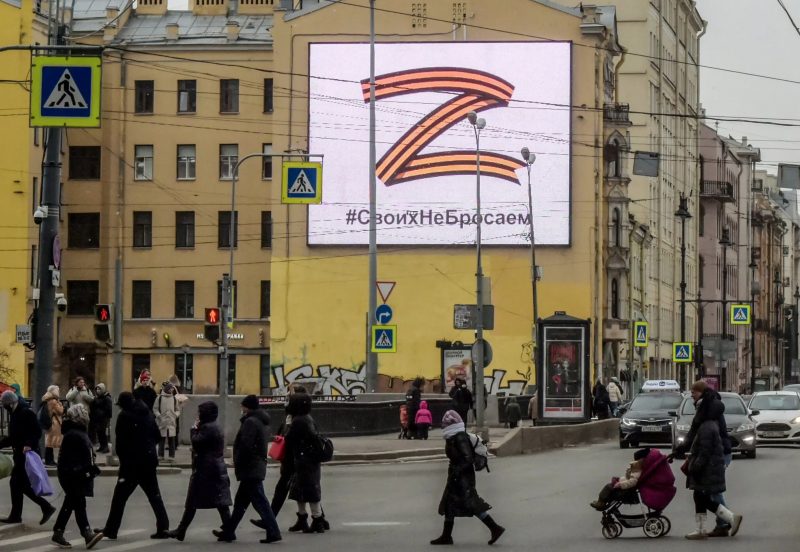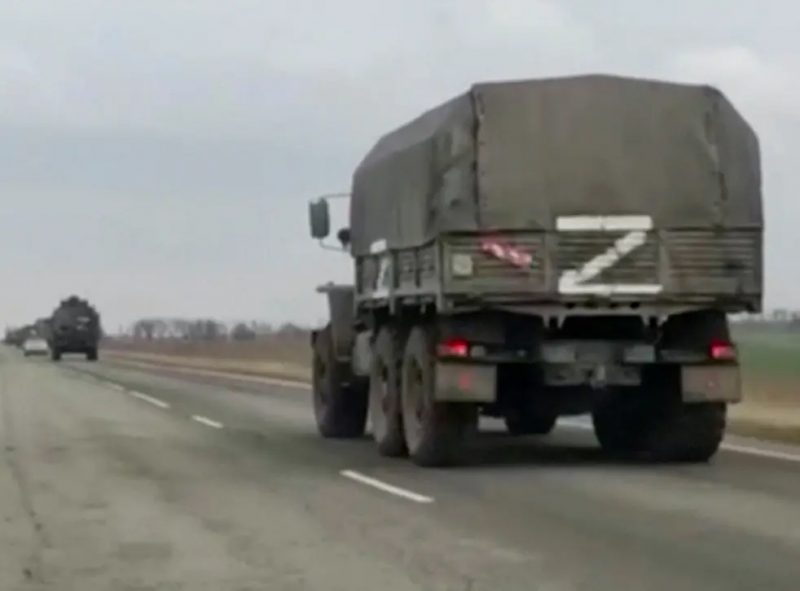World War Z is upon us, and it behooves us to consider its consequences carefully. We all understand that deprivations and stresses of war leave scars on the survivors, physical and psychological. Bullet wounds, starvation and malnutrition, exposure and lack of sleep, physical exhaustion and lack of hygiene are but the most obvious horrors of war. And so are the psychological effects of watching loved ones suffer and die, living with uncertainty and constant threat, the fear, the everpresent anxiety, and complete powerlessness over one’s circumstances can cause as much physical damage as a bullet. And, of course, causing harm to another human, killing another being is a brutal assault on one’s soul and not something the perpetrator is likely to ever get over. All the endless wars that we have been fighting all over the world taught just how punishing these conflicts are on civilians and soldiers alike. No wonder we have a suicide epidemic among our veterans. The war for them is not over when they come home…
But now consider what wars do to the next generation — not the survivors themselves, but to those who are born to them after the conflict is over. Again, the most obvious problem is the physical and mental health of the parents and what that does to the children they are bringing up. But we have to look past the obvious. We need to consider the epigenetic consequences of war and the multigenerational damage they cause many decades into the future.
Epigenetics is the study of how your behaviors and environment can cause changes that affect the way your genes work. Unlike genetic changes, epigenetic changes are reversible and do not change your DNA sequence, but they can change how your body reads a DNA sequence. — CDC, Centers for Disease Control and Prevention
Let’s unpack that a bit. We are all aware of genetics and how our parents’ genes are passed on to their children. You might have your mother’s eyes, your grandmother’s bunyons, and your dad’s ability to wiggle your ears. We hold in our DNA genes from both sides of the family. So why did you get your mother’s eyes and not your father’s? Yes, some traits are dominant and some are recessive — blue eyes are recessive, and brown are dominant. But there is more to it than that. What genes are “chosen” for expression depends on the environmental conditions present during that selection. Let’s say there was a famine and future parents were lucky enough to survive. When the child is conceived, out of available genes present (from father and mother), those that slow down metabolism and thus make every calorie count are expressed. Those slow metabolism genes give the baby a better shot at survival in times of food shortages. [P]aternal grandfather’s food access in pre-puberty predicts his male, but not female, grandchildren’s all-cause mortality.–Uppsala Multigeneration Study. So the study showed epigenetic changes that affected not only sons but grandsons! That’s two generations down the line! My father and his siblings lived through WWII. They experienced hunger, horror, and ravages of that war firsthand. That means my sons feel the consequences of my father’s deprivations! Wars are simply not over when the men in charge sign peace treaties; they haunt us for generations into the future!
Of course, the effects of malnourishment in mothers are felt directly in their children: “When a pregnant mother is undernourished, her child is at a greater than average risk of developing obesity and type 2 diabetes, in part due to so-called ‘epigenetic’ effects.” It’s both obvious and not. But we are surely seeing the consequences of wars in the worldwide obesity and type 2 diabetes epidemics. The consequences of armed conflicts last far longer than we first assumed. Even when the last bridge is rebuilt and the last facade is fixed, people go on dying early and living with the disease. Here’s another example of WWII, starvation, and epigenetic consequences.
Wars change human physiology. And not just of those who suffered through it, but their children, and their children’s children. The burden of wars lives on through generations. We are back at war. We watch children’s faces, shellshocked by the explosions around them. They will not grow up okay. And we now know that their children and grandchildren will be affected by this war. When we watch the horrors of war on TV, we need to understand the multi-generational consequences.
My sons are imprinted by my father’s suffering. My grandchildren will live with my trauma of coming to the United States as a refugee when I just turned into a teenager. Wars are fought in the moment, the epigenetic consequences of those wars are felt for many many decades. There is no human alive in the world today that is not impacted by war. Not a single one! That should be terrifying to all of us. We have to do better.
Stories are Empathy Engines
I write. It helps me think through problems and to highlight ideas and feelings to others. Stories are empathy engines — they help readers live the lives of others, if only for a brief spell. I read and I live thousands of diverse lives. That’s what fiction gives us — escapism and empathy.
The giveaway of books that I wrote about last month is still going on. Please grab some books. Give books to others. Gift stories.
A personal aside: One of my stories has won an award! And One of my finals was chosen as a quarter finalist in the indie sci fi contest. It’s nice to be noticed. The last few months have been too stressful for me to write. I am hoping to get back to it soon.
What Does Z Stand For?
For those who don’t know about Z: it’s a symbol that Russian troops and pro-war Russian people have adopted to show their support for the war in Ukraine. While Z is an English alphabet symbol and not a Cyrillic character, it is in fact stands for the sound Z. In Russian, there are several words that start with that sound that somehow amalgamated into this one strange symbol of Russian rage against the Western World. So the word “west” in Russian starts with Z — zapod. Russians feel like in Ukraine they are fighting a proxy war with the West and its values.
Another derivation that I’ve heard comes from the phrase “za mir!” — “for peace!”. It too starts with the sound Z. Another is “zemlya” — a word with several meanings in Russian: land, soil, earth (the planet). So in this meaning, Z stands for Russians are fighting for their homeland. And finally, of course, Zelinitsky — his name also obviously starts with Z and he had become an international symbol of the war in Ukraine. Z is everywhere overnight:

In the years to come, Z will be the equivalent of a swastika in our collective memories and history textbooks.



